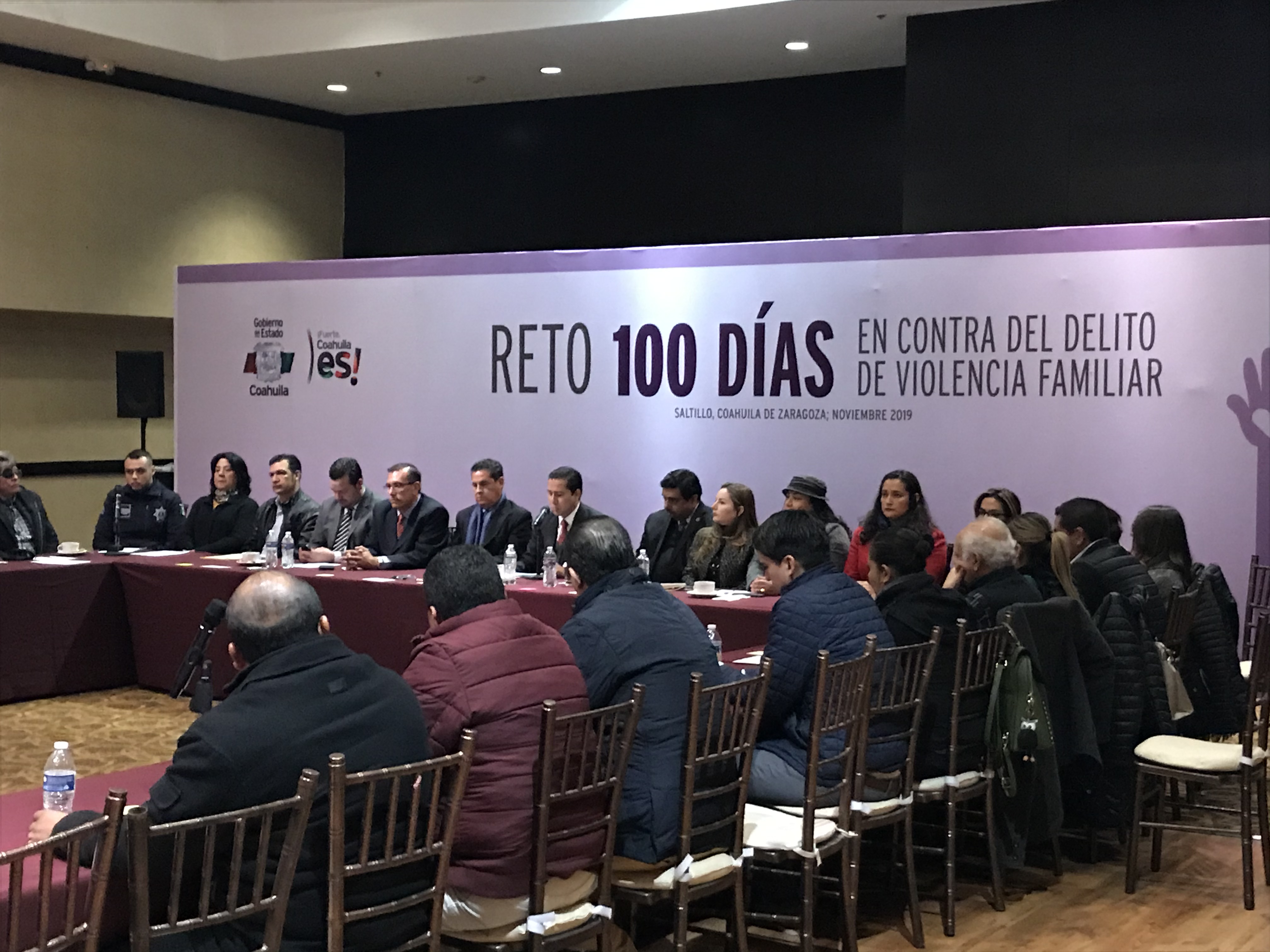
RE!NSTITUTE began working with local justice systems in Mexico in 2017 to combat gender-based violence (GBV), improve efficiency in case processing and comprehensive support and services for victims of GBV.
On average, 10 women are killed every day in Mexico. The justice system struggles to deal with the sheer influx of gender-based violence cases and works with limited resources and a lack of technology, clear objectives, and innovative practices. Women who are victims of gender-based violence in Mexico rarely get the protection, attention or support they need. In addition, when these types of cases are solved, they are done so with little or no regard for what the victim actually wants and needs.
Our 100-Day Challenge has been used to garner remarkable results throughout Mexico by exponentially increasing the rate and quality of resolutions of high-incidence crime, particularly domestic violence. From 2017, we have worked with a total of 38 frontline teams in multiple Mexican states with remarkable results - including an increase of 1551% in the number of domestic violence cases resolved in Coahuila and a 0% recidivism rate for the 102 defendants under supervision in Zacatecas. Our approach has led to the adoption of new processes and legal reforms and has forged bonds that have lasted well beyond the 100 days.
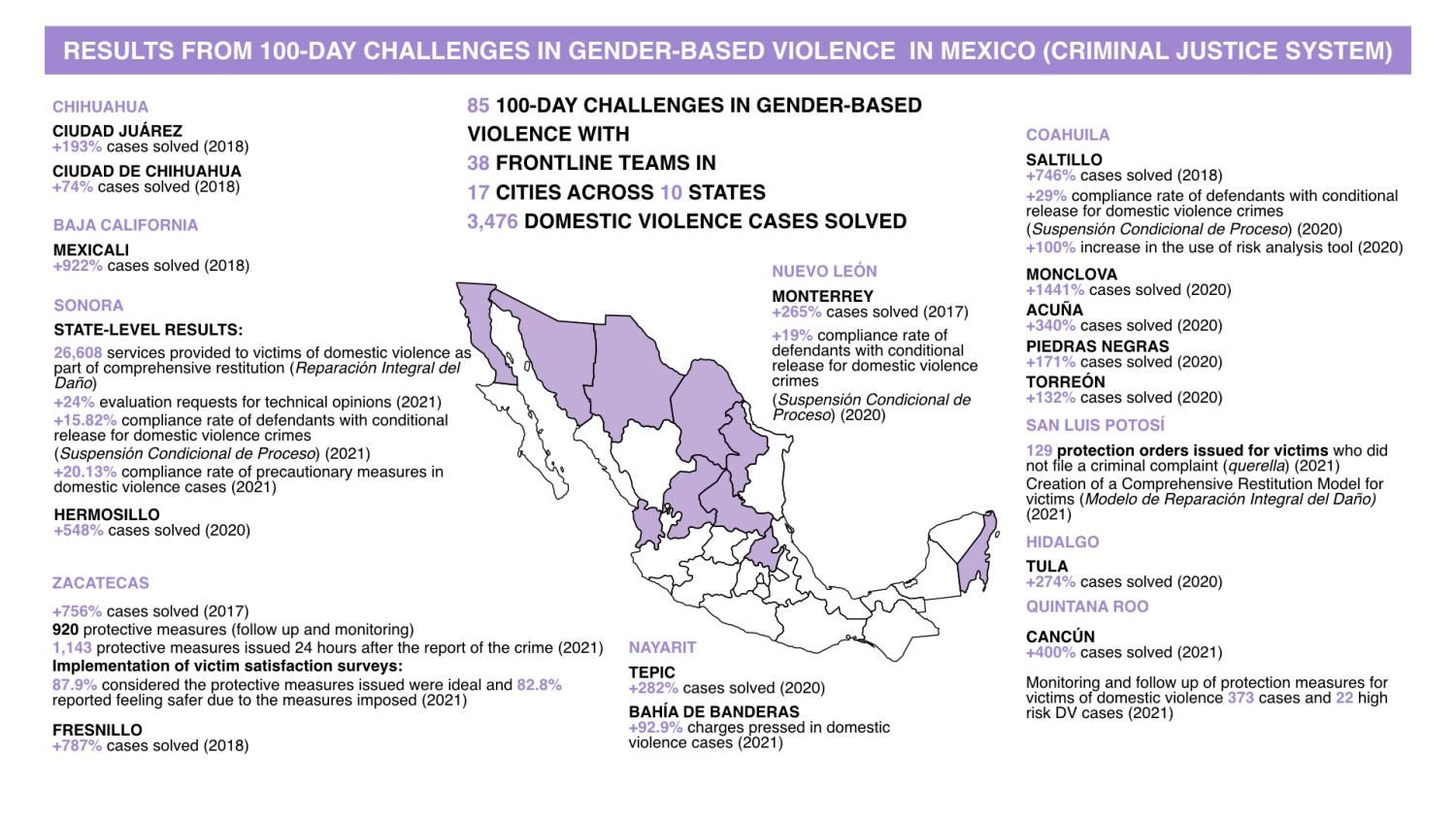
We’ve implemented GBV-focused 100-Day Challenges in 10 states, 17 cities in Mexico.
- Mexicali, Baja California
- Chihuahua City, Chihuahua
- Ciudad Juárez, Chihuahua
- Saltillo, Coahuila
- Torreón, Coahuila
- Piedras Negras, Coahuila
- Monclova, Coahuila
- Acuña, Coahuila
- Tula, Hidalgo
- Bahía de Banderas, Nayarit
- Tepic, Nayarit
- Monterrey, Nuevo León
- Municipio de Benito Juárez, Quintana Roo
- San Luis Potosí, San Luis Potosí
- Hermosillo, Sonora
- Zacatecas City, Zacatecas
- Fresnillo, Zacatecas
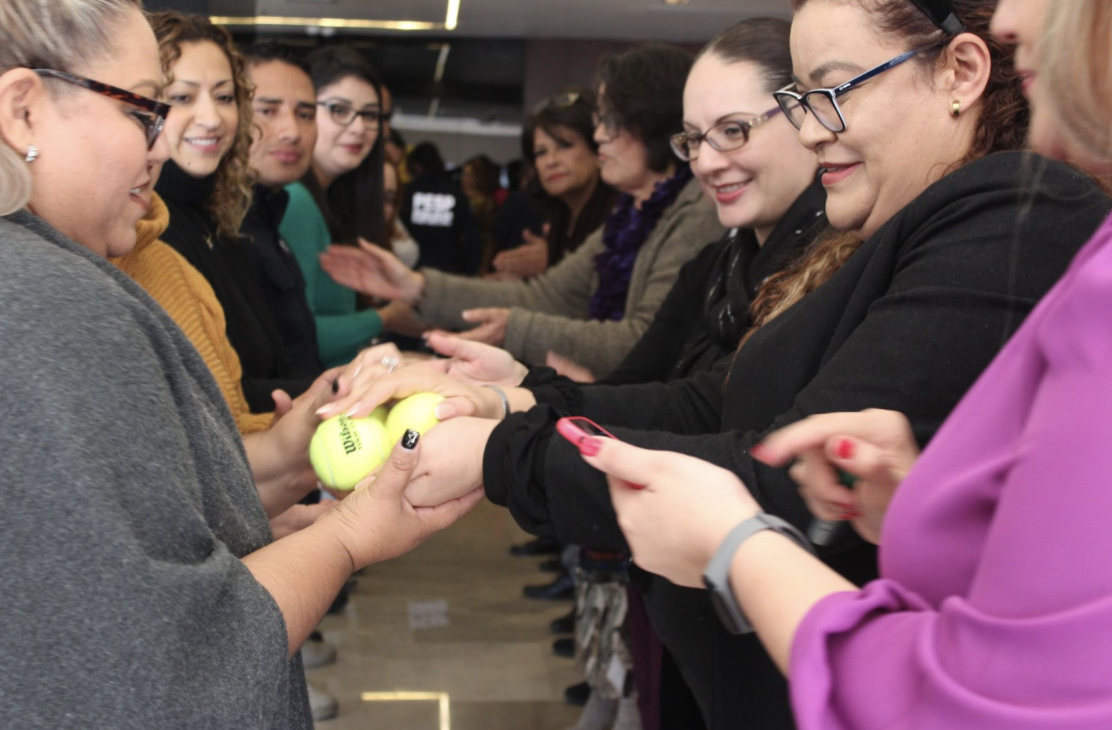
- Implementation of an innovative practice in Ciudad Juárez to immediately identify and protect high-risk victims of domestic violence. The “orange code” consists of a series of questions and criteria used by 911 operators to identify victims who are in immediate danger. By flagging the orange alert on the system, this triggers a chain reaction from all the justice institutions involved to ensure a swift response from the police and protection measures for the victim. (Projust)
- During the 100-Day Challenge with Projust in Tula, Hidalgo, the police began to receive crime reports (denuncias) and distress calls (llamadas de auxilio) through WhatsApp as a direct response to the situation provoked by the COVID-19 pandemic.
- In Zacatecas, the 100-Day Challenge with Projust prompted an important legislative reform to change the way domestic violence cases are processed: from querella (a criminal complaint filed by the victim, where in order for the case to proceed, the victim must consent to the criminal process) to de oficio (the AG Office is obliged to act without the victim’s involvement in the criminal process).
- For the first time in Saltillo’s history, during the the 100-Day Challenge with Projust, civil society-run shelters and justice institutions worked together to provide safe accommodation for high-risk victims of domestic violence - dramatically impacting the experience of victims throughout the criminal process.
- In collaboration with the USAID-funded Justice Access for Victims and the Accused (JAVA) Program we launched an unprecedented initiative to bring five Mexican states together to focus on improving justice services for victims of gender violence. Those states — Coahuila, Nuevo León, San Luis Potosí, Sonora, Zacatecas — focused on addressing the complexity of comprehensive restitution for victims (reparación integral del daño) in cases of domestic violence and gender-based violence (including sexual assault and rape, among other acts of violence). Teams moved toward amplifying a spectrum of practices that assist in restoring victims and toward a holistic restoration model to protect women from re-victimization that surfaces from having to re-tell her story repeatedly at every level of justice and support services. In Sonora, across the five areas of restitution, the 100-Day Challenge provided.
26,608 services to victims:
- Rehabilitation: 10,294 services
- Compensation: 4,710 services
- Guarantees of Non-Repetition: 6,057 services
- Restitution: 1,432 services
- Satisfaction: 4,115
* Banner Image: 2019, Saltillo, Coahuila. Photo from the SLDS for the Statewide 100-Day Challenge to combat gender-based violence in Coahuila
- USAID's Promoting Justice Project (Projust), implemented by MSI Tetra Tech
- USAID's Justice Access for Victims and the Accused (JAVA) Program, implemented by Fortis Consultoría
- USAID's Program for the Strengthening of State Justice Institutions (ConJusticia), implemented by DAI, Fortis Consultoría, Metropolitan Group
- The State Government of Quintana Roo and local non-profit CIAM Cancún A.C.
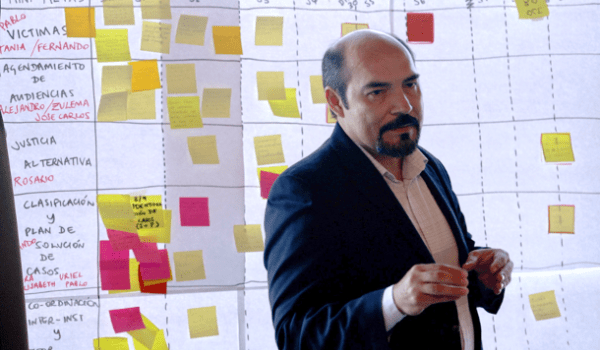
- Gender
- Justice
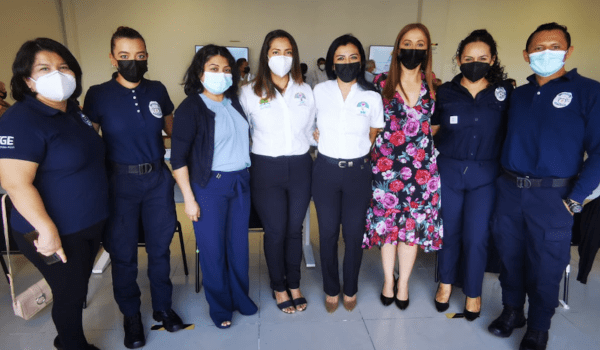
- Gender
- Justice
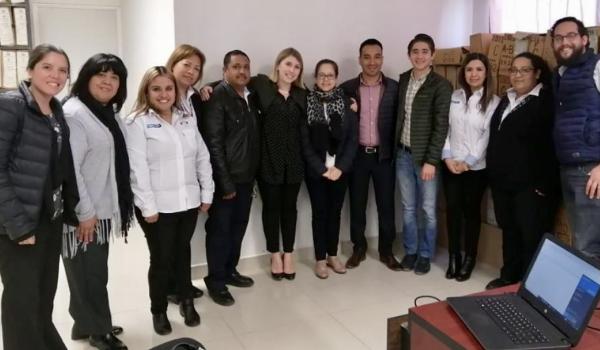
- Gender
- Justice
- Health
- Housing & Homelessness
- Health
- Housing & Homelessness

